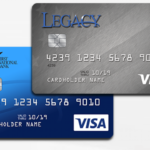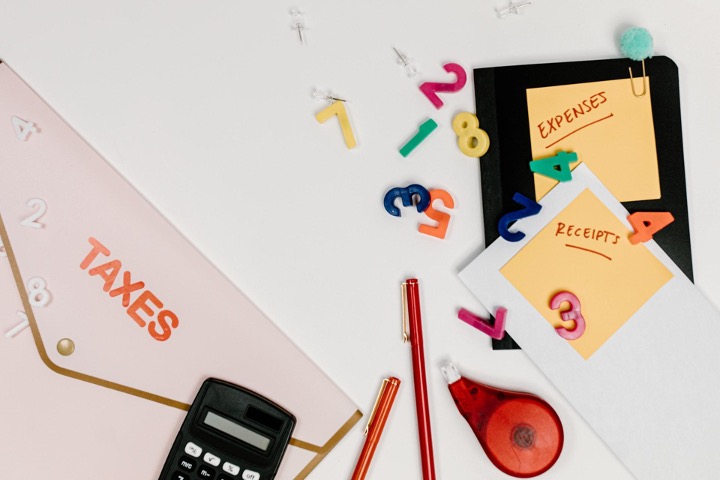Life can be full of surprises and expenses that could ruin your financial condition in a single emergency. Even properly laid out and budgeted plans can get ruined when an unexpected expense arises. If you have a little wiggle room and don’t really live paycheck to paycheck, you might be able to pay for these expenses easily. But people who may be struggling to make ends meet could find paying for these expenses much harder. Let’s look at a few things that would help pay for unexpected expenses.
How to Pay for Unexpected Expenses
Starting an Emergency Fund
As the saying goes, “Prevention is better than cure.” starting an emergency fund is a preventative measure that everyone should take for times like these. Building up an emergency fund can take time. You can start by setting aside small amounts like $500, which would be helpful in an emergency. These emergency funds could help you cover for emergencies without having to go into debt.
Work on Reducing your Expenses
Look at your regular and larger expenses and see if you can cut costs. This task might seem overwhelming, but going through your utility bills, receipts, and credit card statements will help you track and understand how much and on what you are spending most.
It would help if you looked for ways to cut down these costs. Maybe stop running your heater too much during the winter. Or perhaps you could cut down on your transportation costs by carpooling or using public transportation. These little things can add up to a lot, and while they might not pay for unexpected expenses by themselves, they will go a long way in helping you save as much as you can to pay for these expenses.
Negotiate a Payment Plan for Unexpected Expenses
Not everyone knows that they can get discounts on their medical bills and healthcare costs. Paying in cash can net you discounts. You can even set up payment plans like installments to pay your bills over time. Hospitals just want their money, and if you show them that you will pay them over time, they will easily let you set up these plans.
Get or Apply for a Personal Loan
Most people rely on getting loans from family members to get an interest-free loan. But not everyone has a family that can afford to lend money for long periods. Those people might apply for a personal loan from a bank instead. People who have good or average credit scores can qualify for loans at very low-interest rates. You could even get a payday loan, which is not always recommended as they are very predatory and should only be an option for really big emergencies. Also, you could pay for unexpected emergencies using a credit card; however, paying off the balance could cost you more in the long run.

























































